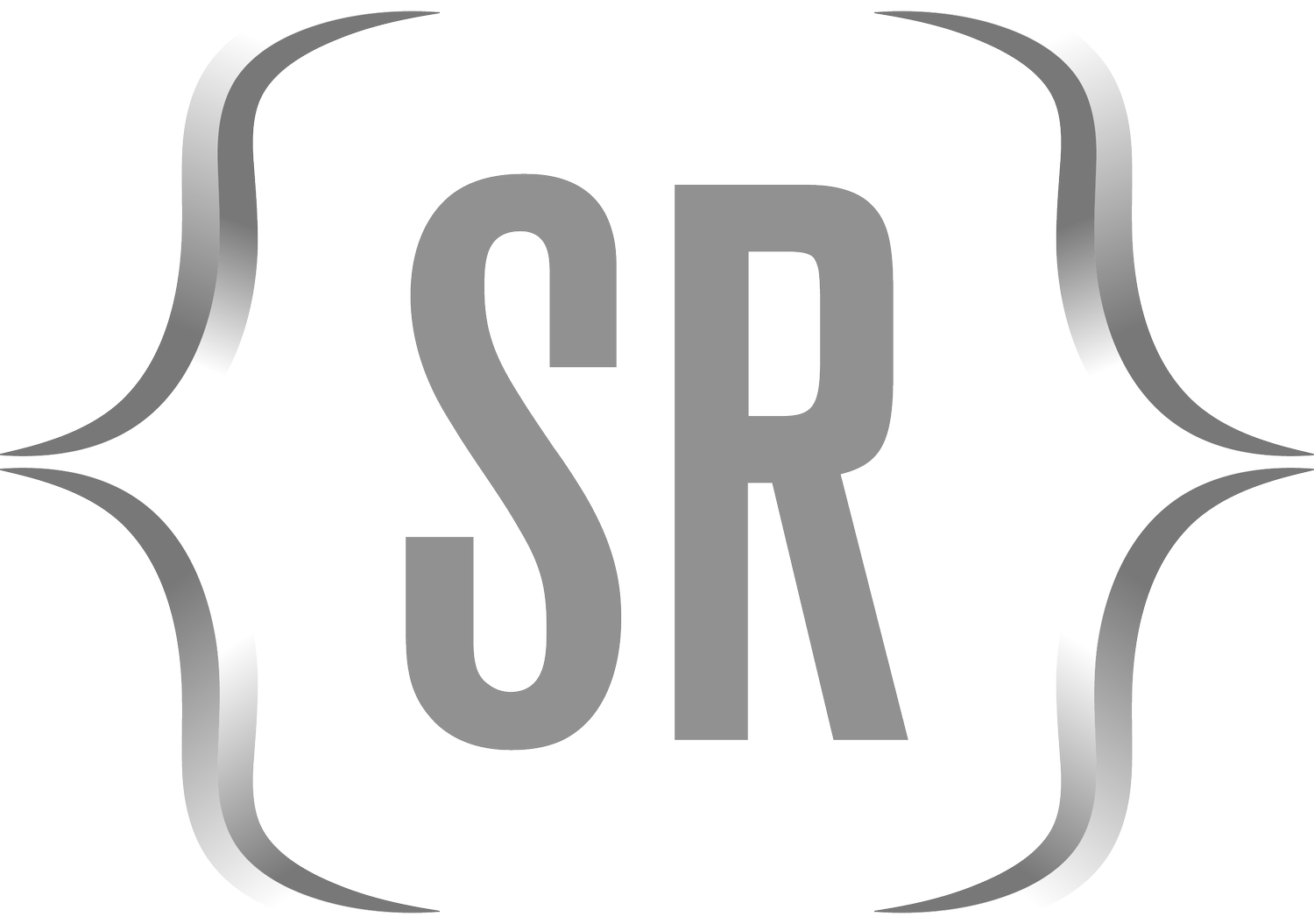The “factor” Function in R
Package: Base R (no specific package required)
Purpose: Converts a vector into a factor, which represents categorical data.
General Class: Data Transformation
Required Argument(s):
x: A vector of data values.
Notable Optional Arguments:
levels: A character vector giving the levels (unique values) of the factor.
labels: A character vector specifying labels for the levels.
exclude: A logical value indicating whether levels should be excluded if they do not appear in the data.
ordered: A logical value indicating whether the levels should be treated as ordered.
Example:
# Example data for using the factor function
colors <- c("Red", "Blue", "Green", "Red", "Green", "Blue")
# Convert the character vector into a factor
color_factor <- factor(colors, levels = c("Red", "Blue", "Green"), ordered = TRUE)
# Display the result
print(color_factor)In this example, the factor function from base R is used to convert a character vector (colors) into a factor. The levels argument is used to specify the desired levels of the factor, and ordered is set to TRUE to create an ordered factor. The resulting object (color_factor) is a factor with specified levels and ordering.
